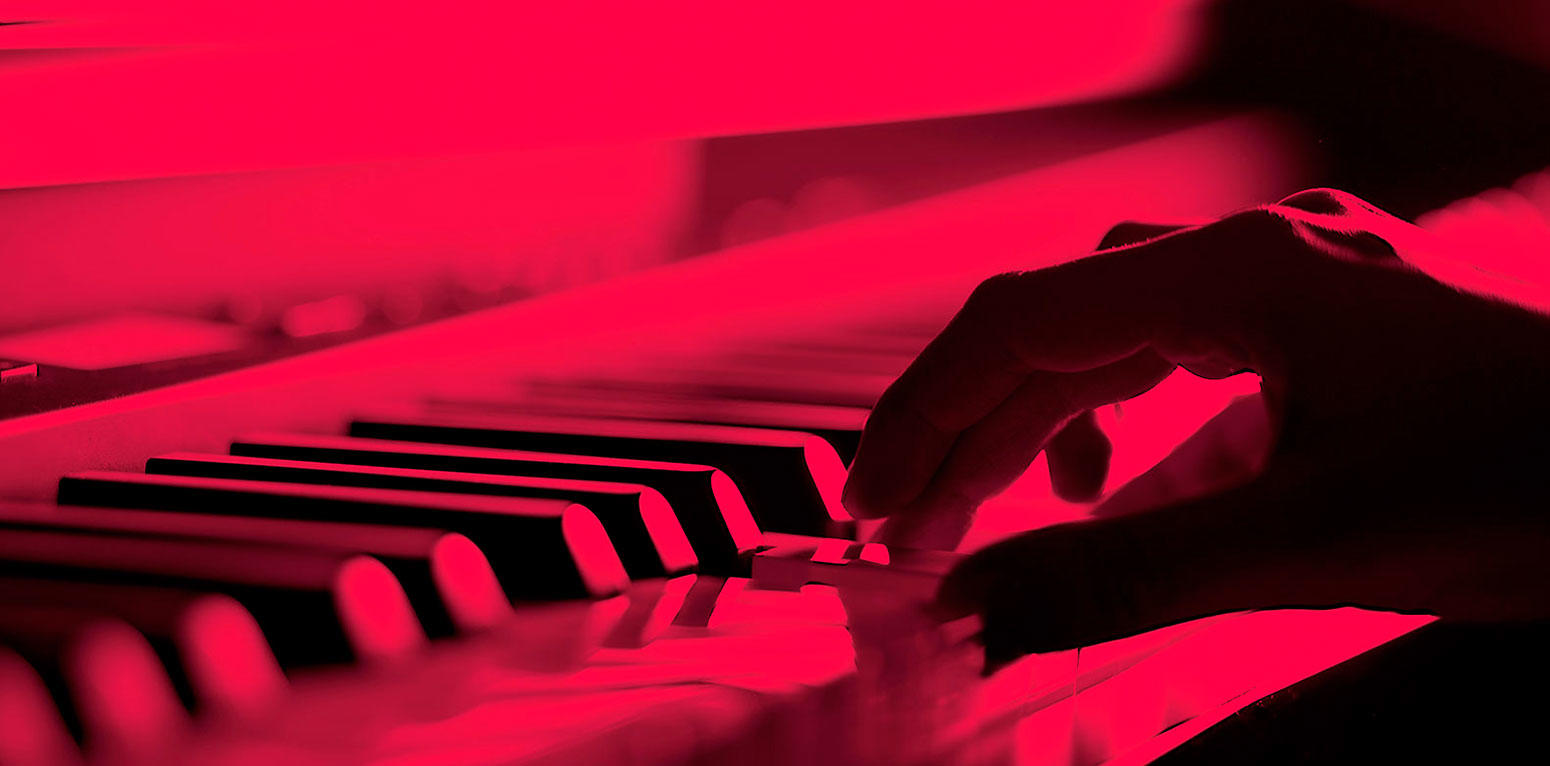
" Noces de lumière "
for orchestra
- Nominated for : The Musical Composition Prize 2007
After initial musical studies at Reims, where he was born in 1962, Vincent Paulet is at the Conservatoire National Superieur de Musique de Paris, a pupil of Jean-Claude Raynaud (harmony) Jean-Claude Henry (counterpoint), Michel Merlet (fugue), Serge Nigg (orchestration) and Claude Ballif (analysis), and was awarded first prize in each of these disciplines.
His training as an organist (in the class of Gaston Litaize at the C.N.R. of Saint-Maur) leads him to a concert career, which he terminated in 1994 in order to devote himself primarily to composition.
winner of international competitions in St-Remy-de-Provence, Kobe (Japan), Trieste et Tarragone (Spain), the Pierre Cardin and André Caplet prize, Academy of Fine Arts, he became the first french composer to win, the prize "Alea III" in Boston in 1997.
Resident composer at the Théâtre de la Renaissance d 'Oullins (Rhône) and then at the "Bel Image" of Valence, he was a resident of the Casa de Velázquez (Spain) from 1994 to 1996. Vincent Paulet is currently a professor of writing at the Conservatoire National de Region de Lille. Performed in France and in most European countries, as well as in the United States, Canada, Japan and Russia, his works have been interpreted notably by Mark Foster, Paul Méfano, Olivier Latry, Isabel Soccoja, Ishiro Nodaïra, Alain Neveux, Jacqueline Méfano, Young-Ji Song, Chrystel Delaval, Parisii quartets, Ravel and Danel, the Alea III ensemble, Boston, 2E2M, Erwartung, Controverse, the chamber choir "Les éléments" ...
Catalog biography of the Editions Jobert)
Among the fifty works that his catalog contains (fifteen of which are educational works), we can cite L'Office des Adieux for orchestra (1997-98), Music for twelve instruments (1994-95), a work distinguished by the jury of Alea III, Boston in 1997, or In memoriam Manuel de Falla (1996) for solo piano and five instruments, commissioned by the Casa de Velázquez.
And, of course, many organ pieces: Salve Regina (1991), Laus (1992), Verset on "Ave maris stella" (1995) for solo organ or Messe (2001) for soprano, baritone and organ, Suspiros (2004) for mixed choir, violin, viola, cello and bass... Vincent Paulet is definitely a french composer. He inherited the legacy of Franck, Fauré, Debussy, Ravel, Poulenc and Dutilleux, and let it freely fructify with his own personality.(...) He also likes gregorian themes that come with natural under his pen, developed, modified, and run in style, yet so different from the anonymous musicians who forged the repetoire: La Ballade des Pendus, L'Office des Adieux make loans to it, and even so the Salve Regina or Verset of Ave Maris Stella. More than a musical reference, he is a real influence."
(Philippe Cathé, University of Paris IV - Sorbonne)
NOTICE
Noces de lumière, an orchestral work, was created September 20, 2006 in Paris by the Ensemble Orchestral de Paris under the direction of John Nelson.
Cinq mouvements, or "poèmes solaires" (this was my first idea of a title) follow on, with tempo indications as follows: moderato, presto, moderato, presto, largo and then (without transition) presto. In retrospect, the light at first pale and then progressively more intense of the first part reminds me of dawn and the declining lights in the last twilight, in this sense, the relative weight, the brightness somewhat "sealed" of the middle movement, usually static, may suggest in turn the sometimes overwhelming light of noon, as for the middle movements, they appear as two avatars of the same incandescent dance. The evolution of speech, however, is purely musical, moreover its resultant orchestral setting, usually use an ensemble of soloists rather than a fusion of mass sound.
These Noces de lumière written between autumn 2004 and spring 2006, comply with a commission placed by the Foundation d'Entreprise Groupe Banque Populaire. They are dedicated in conjunction to Laurent Petitgirard, who, as artistic advisor of the Foundation, is at the origin of the work, and John Nelson, who directed the first performance at the Théâtre des Champs-Elysees." (Vincent Paulet)
About 15 minutes

